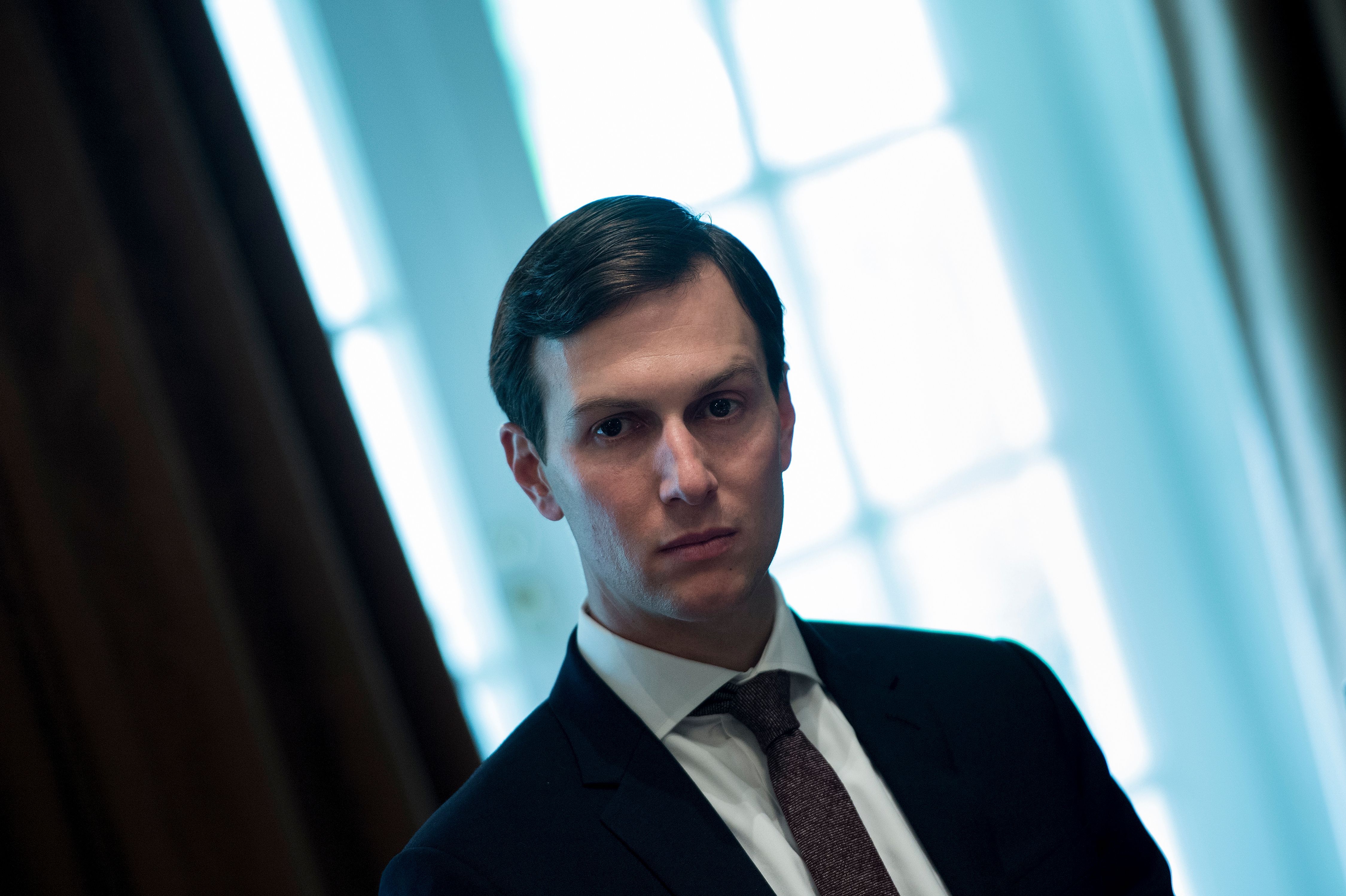The controversial EB-5 “immigrant investor” program, which sells American citizenship to wealthy internationals, is set to expire in September unless Congress votes to extend it. With a president exceedingly vocal on all manners of immigration, the White House’s silence over the United States’ EB-5 program is unusual—and could bode poorly for its future.
In March, Congress temporarily extended the program, amid attempts to regulate what many say are rampant instances of EB-5 project stakeholders defrauding potential immigrant investors out of their money.
Launched by Congress in 1990, the EB-5 program grants Green Cards to foreigners who invest upward of $500,000 in a sustainable, job-generating business project located in an economically struggling zone of the U.S. The investments are at-risk, meaning if the project doesn’t generate the jobs mandated by the program or the development project goes under, the investor (the vast majority of whom are Chinese nationals) loses both money and a shot at U.S. citizenship. The Securities and Exchange Commission has warned against rampant fraud in the EB-5 system, oftentimes perpetrated by people purporting to coordinate projects that were never truly intended to succeed or even break ground.
The EB-5 program came under increased scrutiny early this year amid reports that the SEC had been investigating Kushner Companies over its use of EB-5 capital. Kushner Companies is owned by the family of President Donald Trump‘s son-in-law and senior adviser, Jared Kushner.
Though Trump and Kushner have repeatedly claimed to have divested from their business interests, in May of 2017, Kushner’s sister, Nicole Meyer, mentioned her brother and Trump in a presentation at an event in Shanghai meant to attract Chinese EB-5 investments for a Kushner Companies project (called One Journal Square) in New Jersey. The name-dropping was said by analysts at the time to have run afoul of White House ethics codes.
Pacific Standard was unable to reach White House press staff at an email address provided by the administration for comment on whether Kushner’s relationship to the EB-5 program has affected the president’s decision to remain silent on this particular facet of U.S. immigration policy.
The Kushner debacle may have only further sullied views of the program. “The scandals around the Kushner EB-5 Project gave ammunition to the anti-EB5 camp. The program is presently seen by many on the Hill as a method for greedy NYC developers to obtain cheap capital,” immigration lawyer Mona Shah tells Pacific Standard via email.
Trump may still weigh in on EB-5 ahead of September. Meanwhile, U.S. Citizenship and Immigration Services is calling on Congress to amend or rescind the program altogether.

(Photo: Brendan Smialowski/AFP/Getty Images)
“Congress created the EB-5 program to benefit U.S. workers, the economy, and our communities by providing an incentive for foreign capital investment in the U.S., and ultimately create jobs,” USCIS spokesman Michael Bars writes in an email to Pacific Standard. “However, while it was originally well-intended, the EB-5 program has too often been prone to instances of fraud and abuse, with foreign investors exploiting our system, undermining our laws and ultimately buying their way to citizenship without fulfilling their required contributions to the American economy as required by law.”
Congressional attempts at reform have so far proved unsuccessful. “In March, Congress considered making significant changes to the EB-5 program, such as increasing the minimum investment amount to $800,000 and making it harder to put EB-5 projects in major metropolitan areas,” explains Stephen Yale-Loehr, who teaches immigration law at Cornell Law School. That consideration came to an impasse and EB-5 was extended to September together with a short-term government spending bill.
Given that this is an election year, there isn’t much hope for reform anytime soon. “Because of the mid-term elections this fall, I suspect that Congress will again kick the EB-5 can down the road and extend the program for another year without making any changes,” Yale-Loehr says.
While the program has been abused frequently enough to merit an SEC warning, Shah, the immigration lawyer, says that EB-5 has the potential to inject fresh flows of outside capital from investors into areas grappling with joblessness.
People working with EB-5 anticipated Trump “would be beneficial for EB-5,” Shah says. “Rather it has been quite the opposite.”
Beyond the Kushner investigation, the travel ban barring people from five Muslim-majority nations, recently upheld by the Supreme Court, has proved an obstacle for those working in the program, Shah says.
“The real uphill battle has been with the Muslim ban,” she says. “We had a steady stream of high net worth, good quality immigrants from countries like Iran and Syria—we are fighting with the consulates to even get them here.”
EB-5 investors typically seek to park capital or secure their futures in more stable climates in the U.S. In China’s case, many investors sought to ease fears over an ongoing anti-graft campaign in Beijing that appeared to upend the wealth of much of the nation’s ruling class. But international views of the U.S. as a bastion of calm and rule of law have drastically changed since Trump’s inauguration.
“Potential investors see the U.S. as an unfriendly place,” Shah says.




